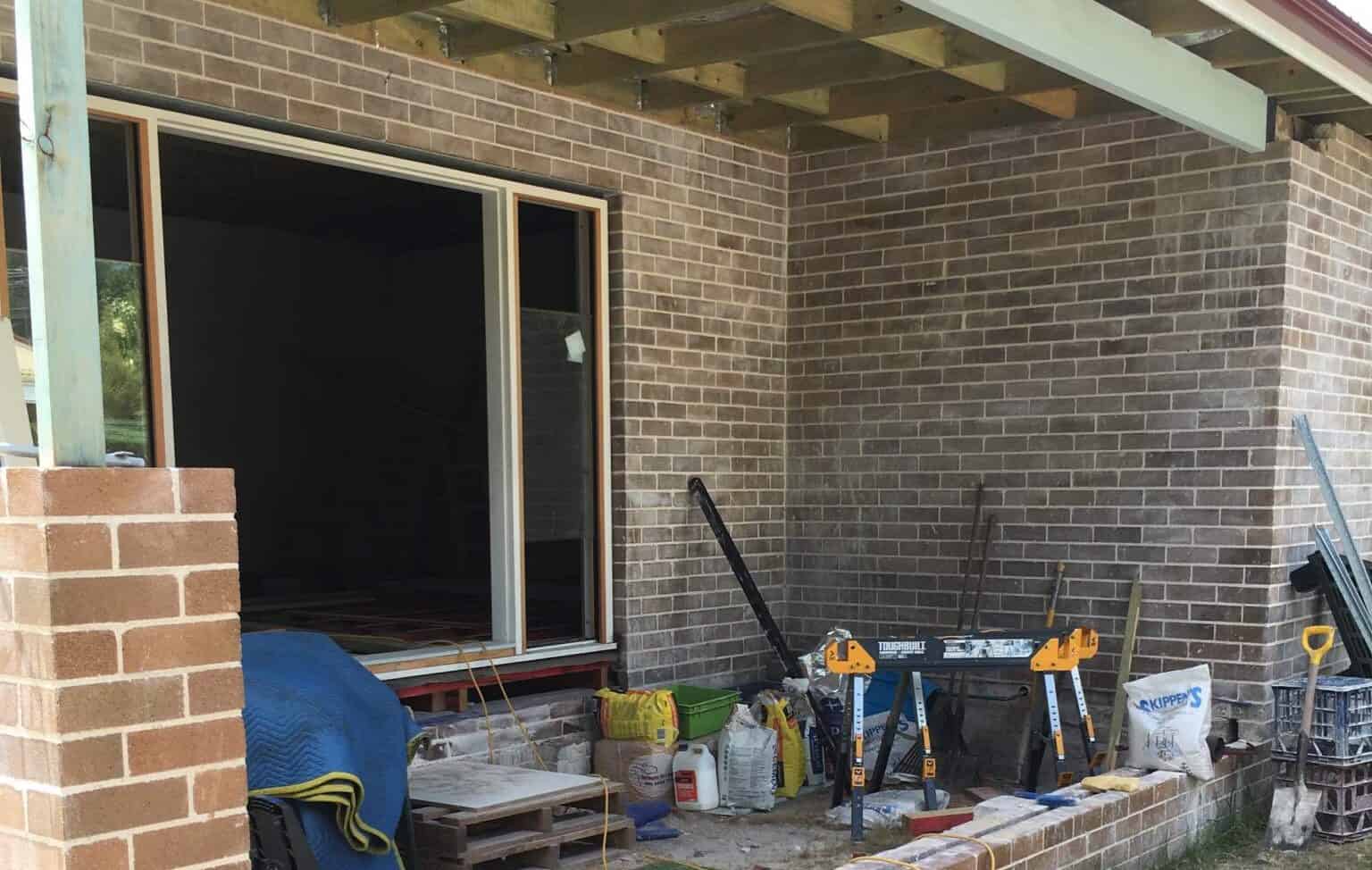What are Clay Bricks?
Bricks can be made from clay, concrete, stone or ceramic and/or sand. Different materials have different bonding properties. We have recommendations for clay pavers users on how to choose the right sealer to bond to clay components and give them a beautiful, long-lasting look.
Clay bricks can be used for building, civil engineering, and landscaping. Clay is used to make these bricks by heating it at high temperatures. This heat causes the clay particles to fuse, which results in strong ceramic bonds within the bricks.
Clay bricks retain their natural, warm colours and resist fading. Clay bricks are also available in attractive and natural colours. You can make them into different textures to match the exterior of your house.
Different types of clay brick sealer
Concrete densifiers can be used to seal brick pavers. They all fall within the same category as penetrating sealers, but they are very different.
Water repellent Sealers: These are the most common type of sealer you can use on pavers. They will preserve the natural look and feel of pavers. Water repellent sealers react below the surface to create a hydrophobic barrier in the pores, which prevents water and other liquids from getting to the surface. Water repellent sealers can be used to reduce the effects of water absorption, including cracking, pitting, freeze damage, mold and mildew and efflorescence.
Concrete Densifiers: A concrete densifier is a chemical that hardens concrete. It is usually applied to the concrete slab immediately after it has been placed. If polishing is required, the concrete densifier will be used during refinement. A concrete densifier can be used to increase the strength, endurance, and durability of concrete slabs, regardless of whether they are polished or unpolished. Concrete densifiers can be used in the concrete polishing process, but they are also used extensively on unfinished concrete slabs. This product is used to increase the concrete slab’s surface density and acts as a pore-filler. The concrete slab is penetrated by the densifier, which causes a chemical reaction that results in a byproduct filling every pore. This results in concrete surfaces that are harder and less likely to pit. This treatment significantly increases the concrete surface’s durability compared to concrete surfaces without a densifier.
Acrylic Sealers: Acrylics wear much faster than epoxy coatings and polyurethane sealers, and require reapplication more often. Solvent-based acrylics are more effective than water-based products and can enhance color results better than water-based products. Acrylic sealers for indoor surfaces require frequent maintenance. To prevent wear and black heels marks, you will need to apply several coats of wax or sacrificial flooring finish (or wax) to keep them from drying.
Sealer is the best choice for clay bricks
You might be asking yourself how water can ever compromise the integrity a masonry material that is as strong as brick. Water’s strength is deceptive. Although a single drop might not register on your skin enough water can push on your skin and throw you around. Brick is porous, which means it can easily be broken. The interior can expand if enough water is present. This could lead to the exterior cracking or crumbling. Corrosion can also be possible.
Brick sealants are a special product that protects brick surfaces from moisture penetration. Bricks can be made of clay, concrete, ceramic, or stone. These materials will gradually begin to deteriorate if they are exposed to extreme weather conditions. This is mainly due to water getting into bricks or concrete, which causes cracks in bricks.
Clay Brick Sealer (water-based) is a sealer that can penetrate deep into porous concrete, brick, or stone. Substratum below the surface. When surface friction is important, deep penetration is crucial. The sealer is slip-resistant in nature! It is safe to use in areas with high traffic, such as sidewalks and inground pools.
Last Thoughts
It can be difficult to find the right brick sealer for your project. There are many options. Brick is made of soil-based clay and has a unique texture and patina that is comforting and warm. Long-term exposure to water leaks unattended can cause brick walls and fireplaces to appear damaged. Brick is extremely susceptible to moisture, despite being durable and strong. Even the smallest cracks or gaps in brick can cause problems over time. You have to work harder to make your brick surface look great over time.


Comments are closed